I love the evolution of language. From the cuneiform markings of the Sumerians to the structured beauty of Sanskrit to the rich, Shakespearean old English to so much colloquialism that seems the preference these days, even within formal language – which I'm for because I find it much more appealing to humanity on the whole. Brevity and simplicity are key in the fast-paced nature of modern communication. But it's not clear that clarity is always there.
To me, we have become so accustomed to words that we take them for granted and use so lightly rather than appreciate their true value. The comments on social media are a prime example of this. We tend to speak impulsively and rant senselessly especially in moments of anger, spewing whatever we've learned or heard, or think we should say in response to certain things. Do you know what I mean? We don't take enough time to think about what it is we truly care to convey.
When language was new, I believe we had to think more carefully before we spoke. For example, I've been learning French for years now on Duolingo – just a little bit each day. I have a 1444 day streak. With learning a new language, I have to take my time and think about what it is that I am aiming to communicate. This allows for a more thoughtful approach that allows me to slow down to even understand my own thoughts and emotions to relay relevant responses.
Now shift the focus to overuse and regurgitation of words that carry a diluting impact, leading to misunderstandings and loss of meaning.
As words become overused, their meanings become generic and lose their original strength. Much of it becomes so commonplace that we speak without thinking at all. How do we even choose the words we say? We definitely don't think about each word one at a time. We learn to string words together as we grow up, using what we are exposed to – the spoken language around us, books, TV, social media etc. We just throw out a response that seems to have come from our memory banks rather than intellectually selecting the words that appropriately fit the context and audience.
Then comes AI. All you need to spot AI generated content in the business or tech world for example is to look for words like enhanced and elevated. And when everything is enhanced, what truly stands out as exceptional? These are amazing words but the saturation of these via the AI conduit makes it so those words seem flat and plain and no longer carry the full power of what they once did. And the over-reliance on buzzwords can make communication seem insincere or exaggerated, weakening the trust and credibility of the speaker.
Thoughtful communication leads to transparency which leads to trust – something we are direly lacking in so many areas of life – including within ourselves. Yes, think about that – and go journal or at least listen to your thoughts and what comes up for you everyday and think about how much you know and understand yourself and what you tell yourself each day.
Words are more than just tools for communication – they are reflections of our thoughts, emotions, and identities. We have to remember that we define ourselves, and the words we choose are a big part of that. So choose wisely, so we can calm the chaos in communication around us and within ourselves.
